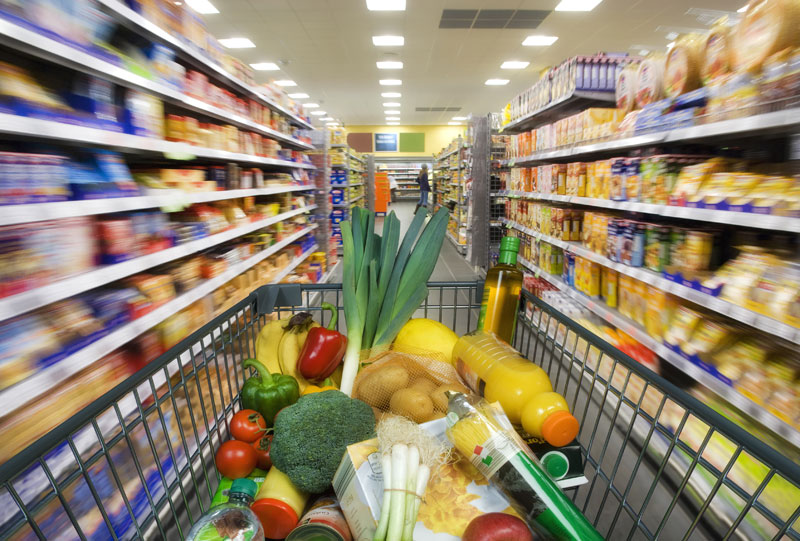- Consumer Confidence Projected to Rise in Q4
The Central Bank of Nigeria’s (CBN) Consumer Expectation Survey (CES) has predicted a positive outlook for next quarter as well as the next 12 months.
Specifically, the index projected 24.7 and 30.1 points for next quarter and the next 12 months respectively.
The outlook, which was contained in the third quarter Consumer Confidence, attributed the Q4 projection to expected increase in net household income as well as the anticipated improvement in Nigeria’s economic conditions and expectations to save a bit and/or have plenty over savings in the next 12 months.
Most respondents expected prices of goods and services to rise in the next 12 months, with an index point of 16.7 points.
The major drivers were: transportation, education, medical care, electricity, house rent, and telecommunications.
The overall buying conditions index for consumers last quarter for big ticket items stood at 35.1 points.
This indicated that majority of consumers believed that last quarter was not the ideal time to purchase big-ticket items like consumer durables, motor vehicles, among others.
“Overall buying intention index in the next twelve months stood at 46.4 index points, indicating that majority of consumers do not intend to buy these items in the next 12 months.
“The buying intention indices for motor vehicle and house & lot were below 50 points, indicating that respondents have no plans to purchase motor vehicles and houses in the next twelve months.
“However, the index for consumer durables stood above 50, indicating that respondents have plans to purchase furniture, gas cooker and electronics in the next twelve months,” it added.
It further noted that with indices of -2.6 and 16.4 points, consumers expected borrowing rate to fall while the naira was expected to appreciate in the next 12 months.
The unemployment index for the next 12 months remained positive at 25 points in Q3 2018, indicating that majority of the consumers expect the unemployment rate to rise in the next 12 months.
The CES for Q3 2018 was conducted during the period September 24 – October 4, 2018, covering a sample size of 1,770 households drawn from 207 Enumeration Areas (EAs) across the country, with a response rate of 96.9 per cent.
Respondents’ distribution by educational attainment showed that 14.8 per cent had university education, 14.8 per cent had higher non-university education, while 26.8 per cent had senior secondary school education. Respondents with junior secondary and primary school education accounted for 6.8 and 18.9 per cent, respectively, while those with no formal education accounted for the balance of 17.9 per cent.
The consumers’ overall confidence outlook improved in Q3 2018, as more consumers were optimistic in their outlook.
The index at 1.5 points was 12.0 points higher than the index in the corresponding period of 2017. Some respondents attributed this favourable outlook to improved economic condition.
The overall consumer confidence index was computed as the average of the three indices, namely: Economic Condition, Family Financial Situation and Family Income.
Economic Condition refers to the perception of the respondent regarding the general economic condition of the country.
Financial Situation refers to the level of savings, investments, other assets including cash at hand and outstanding debts.
Family Income includes primary income and receipts from other sources received by all family members as participants in any economic activity or as recipients of transfers, pensions, grants, and the like.
The confidence index or diffusion index is computed as the percentage share of respondents that answered in the affirmative less the percentage share of respondents that answered negative in a given indicator.
A positive CI indicates that respondents with a favourable view outnumber those with an unfavourable view, except for unemployment, change in prices and interest rate for borrowing money, where a positive CI indicates the opposite.

 Naira4 weeks ago
Naira4 weeks ago
 News4 weeks ago
News4 weeks ago
 Naira4 weeks ago
Naira4 weeks ago
 Travel3 weeks ago
Travel3 weeks ago
 Jobs4 weeks ago
Jobs4 weeks ago
 Naira3 weeks ago
Naira3 weeks ago
 Naira3 weeks ago
Naira3 weeks ago
 Investment4 weeks ago
Investment4 weeks ago






























